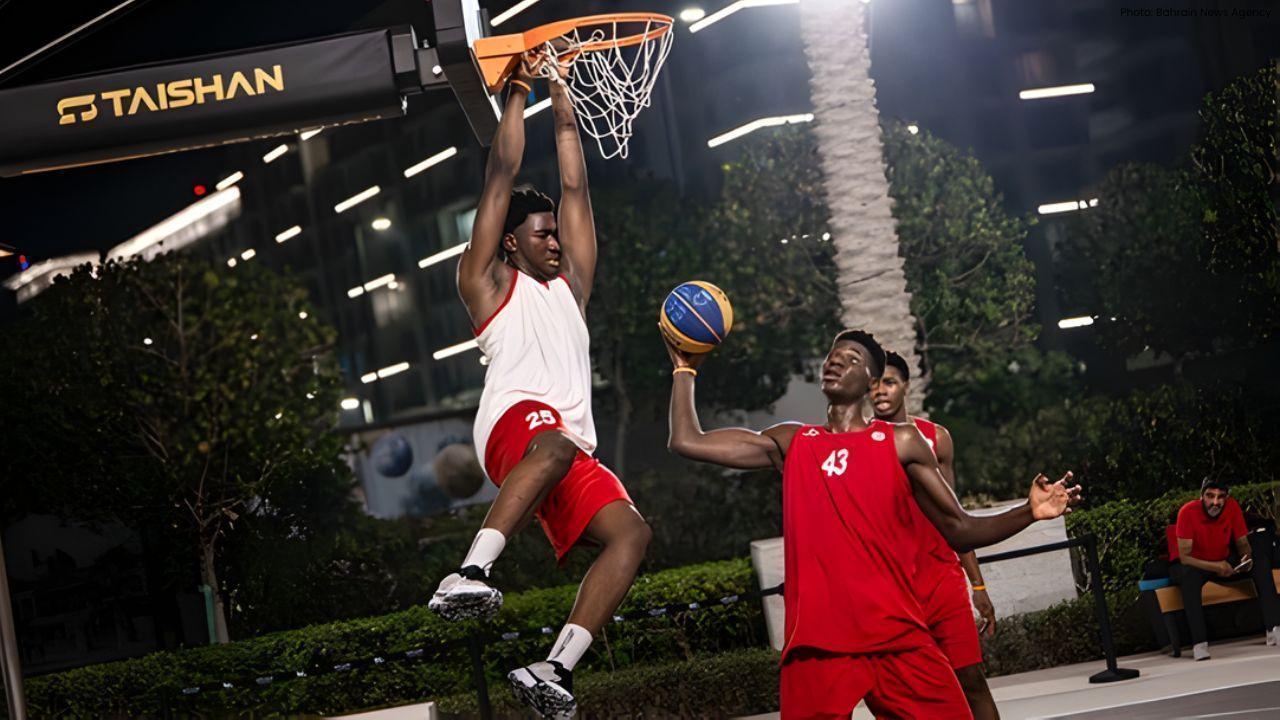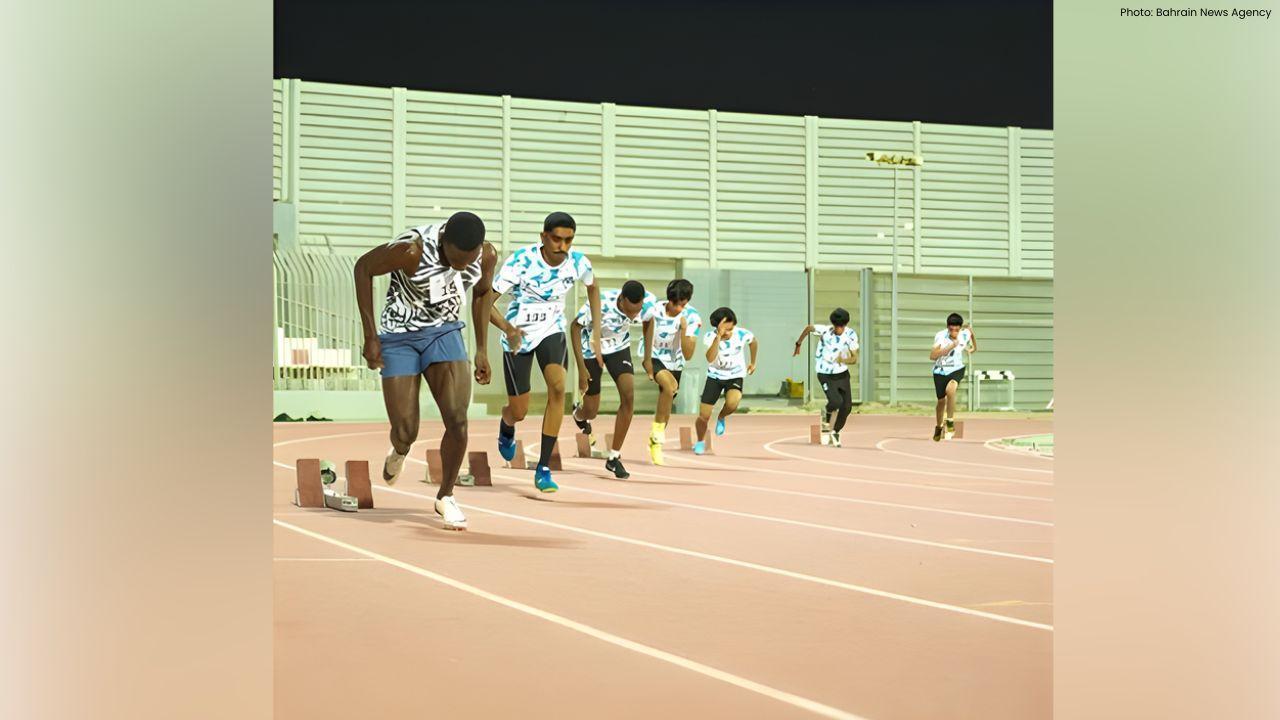
Post by : Mumtaaz Qadiri
Clothing is not just about covering the body. It is a powerful tool that can influence our mood, self-esteem, and how others perceive us. The clothes we wear have the ability to boost confidence, help express personality, and make us feel ready to face challenges in life. This article explores how clothing affects confidence, with practical examples and insights from experts.
The most immediate impact of clothing is on our emotions. When we wear something that fits well and looks good, we naturally feel better about ourselves. For example, putting on a well-fitted suit for work or school can make a person feel more professional and capable. Similarly, a comfortable casual outfit can make someone feel relaxed and confident in social situations.
Colors, styles, and patterns also influence mood. Bright colors like red or yellow can make a person feel energetic and enthusiastic. Soft colors such as blue and pastel shades can create a sense of calm and relaxation. Patterns, like stripes or floral designs, may give a playful or stylish impression, helping the wearer feel unique and confident.
Clothing plays a critical role in how others perceive us. In professional and social settings, first impressions are often influenced by what we wear. Neat, well-chosen outfits suggest responsibility, attention to detail, and self-respect.
For instance, wearing a clean and ironed outfit to a job interview can show professionalism and increase the chances of leaving a positive impression. Similarly, dressing appropriately for a social event shows respect for others and builds confidence in the wearer. People who feel confident in their clothing often speak and act with more assurance.
Clothes are a way to express personality without speaking. Fashion choices, accessories, and even shoes can communicate a person’s style, interests, and identity. Someone who enjoys bold fashion choices may wear bright colors or unique patterns, while a person who prefers simplicity may stick to classic styles.
Self-expression through clothing makes people feel authentic. When a person’s outfit matches their personality, they feel comfortable and confident. Wearing what reflects personal taste rather than following trends blindly allows individuals to own their style, which in turn boosts self-esteem.
Confidence is not just about appearance; it also comes from physical comfort. Wearing uncomfortable clothes, tight shoes, or fabrics that irritate the skin can distract a person and lower confidence. On the other hand, comfortable clothing improves posture, allows free movement, and helps a person feel at ease in any setting.
For example, athletes wearing proper sportswear feel ready to perform, while someone in a casual, soft outfit may feel relaxed at a social gathering. Choosing the right material, fit, and size is essential to feel confident throughout the day.
Certain outfits can give a sense of power and motivation. A business suit, uniform, or traditional attire can make a person feel strong, proud, and ready to take on challenges. This feeling of empowerment directly affects performance in work, sports, or personal life.
For example, a professional wearing a smart suit may feel more capable in meetings or presentations. Similarly, athletes wearing their team uniforms often experience a boost in morale and motivation. This psychological effect shows how clothing can be more than just fabric—it can inspire confidence and action.
The clothes we wear also influence social interactions. People tend to be more outgoing and approachable when they feel good about their appearance. Wearing an outfit that suits the occasion allows a person to interact naturally without worrying about judgment.
Social confidence gained from clothing can improve relationships, networking, and personal growth. For example, wearing stylish and appropriate attire to a party or networking event helps a person feel included and self-assured. This confidence in social settings can have a lasting impact on personal and professional life.
In the workplace, clothing can affect how colleagues, bosses, and clients perceive an individual. Dressing professionally and appropriately for the role can increase credibility and influence. Studies have shown that people who dress neatly and stylishly are often seen as more competent and reliable.
This does not mean wearing expensive clothes is necessary; rather, choosing outfits that fit well, are clean, and suit the occasion is what matters. Proper clothing can boost self-confidence, helping employees communicate better, take initiative, and perform more effectively.
Clothing affects more than just outward appearance. Psychologists suggest that clothes influence behavior, mindset, and mental state—a concept called “enclothed cognition.” Wearing certain clothes can change how we think, feel, and act.
For instance, wearing formal business attire may improve concentration and decision-making. Similarly, dressing in sportswear can enhance motivation during exercise. By choosing the right clothing, individuals can influence their psychological state, building confidence and performance in different areas of life.
Clothing allows people to define their identity and present themselves to the world. Cultural attire, fashion trends, and personal style choices communicate values, beliefs, and individuality.
For example, wearing traditional clothing on cultural occasions shows pride and respect for heritage. Choosing modern fashion allows creative expression and showcases personality. When individuals feel their clothing represents who they are, they gain confidence and a sense of belonging.
Special events such as weddings, graduations, and interviews highlight the importance of clothing in boosting confidence. Wearing the right outfit for these occasions can reduce anxiety and increase self-assurance.
For example, a well-dressed student attending a graduation ceremony may feel proud and confident, while someone in mismatched or uncomfortable attire may feel self-conscious. Paying attention to clothing details, colors, and accessories can make a significant difference in confidence levels.
Choosing clothing for confidence involves considering:
Fit: Clothes should be the right size, not too tight or loose.
Comfort: Materials and cuts should allow free movement and comfort.
Occasion: Dress appropriately for events, work, or social settings.
Color: Pick colors that match your personality and mood.
Style: Reflect your personal taste while being mindful of the setting.
By keeping these factors in mind, anyone can use clothing as a tool to boost confidence and self-esteem.
Clothing is more than a necessity or fashion statement. It is a powerful way to influence mood, behavior, and self-confidence. The right clothes can make a person feel empowered, comfortable, and ready to face challenges. They allow self-expression, create positive first impressions, and even improve social interactions and professional performance.
From daily outfits to special occasions, clothing plays a key role in how people perceive themselves and how others perceive them. Investing time in choosing the right clothes can enhance self-esteem, boost confidence, and positively impact every aspect of life.
In the end, clothing is not just about style—it is a tool for personal empowerment and a simple way to feel confident and ready to take on the world.










PSG Held to 3-3 Draw by Strasbourg in Thrilling Ligue 1 Clash
PSG and Strasbourg played a thrilling 3-3 draw in Ligue 1. Senny Mayulu’s late goal helped PSG stay

South Africa Crush Sri Lanka to Record Sixth 10-Wicket Win
Laura Wolvaardt and Tazmin Brits scored half-centuries as South Africa easily chased 121 to beat Sri

Kohli and Rohit Return for India vs Australia ODI Series
Virat Kohli and Rohit Sharma return for India’s ODI series against Australia. Aaron Finch supports t

UN Women Calls for Safe Aid and Recovery for Gaza Women
UN Women urges placing women and girls at the center of Gaza aid, recovery, and reconstruction durin

Chelsea’s Cole Palmer to Miss Six Weeks Due to Injury
Chelsea forward Cole Palmer will miss six weeks due to a groin injury, manager Maresca confirms, as

Saudi Arabia Seeks Defence Pact with US Amid Security Talks
Saudi Arabia aims for a defence and security pact with the US, following Qatar’s deal, as Crown Prin